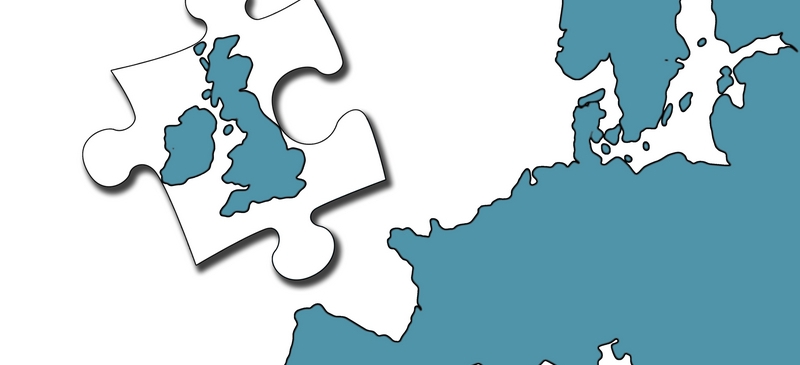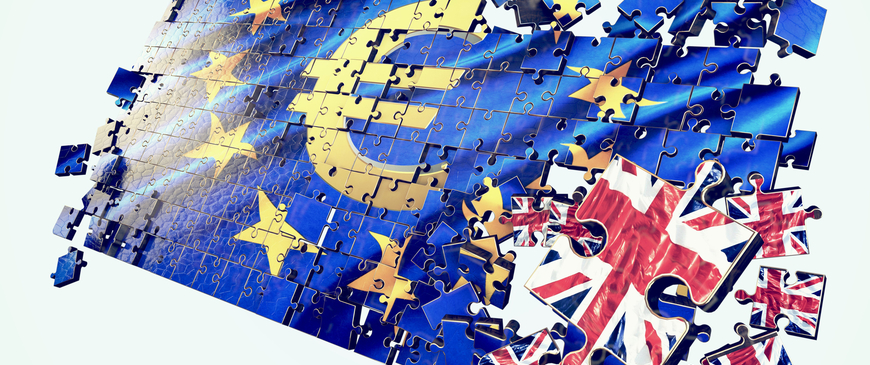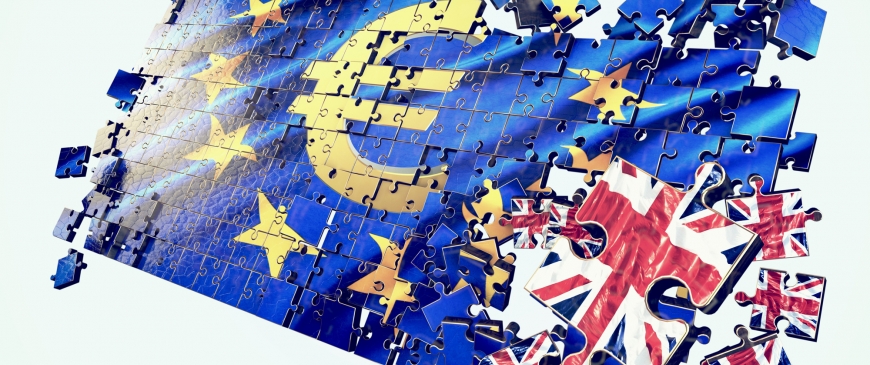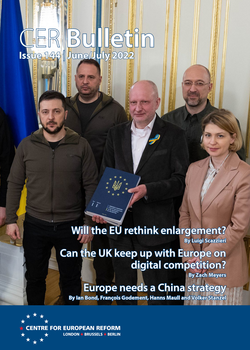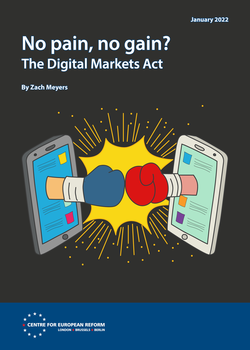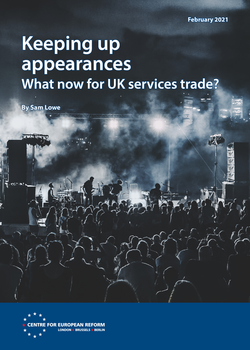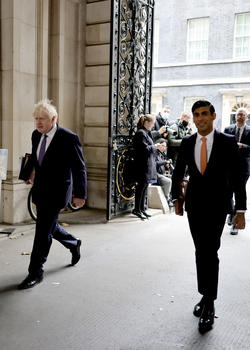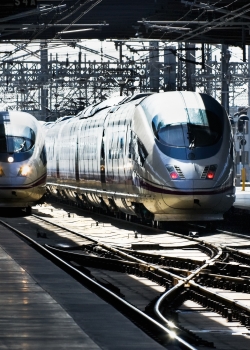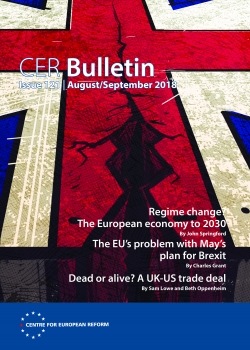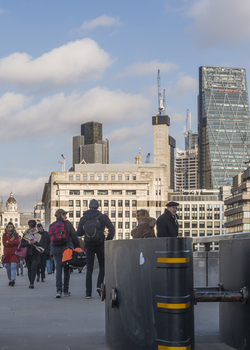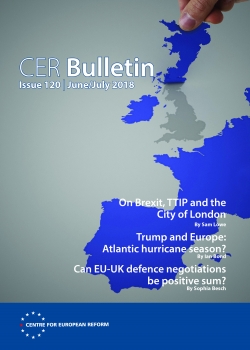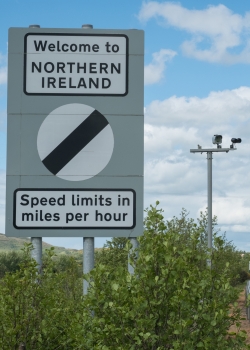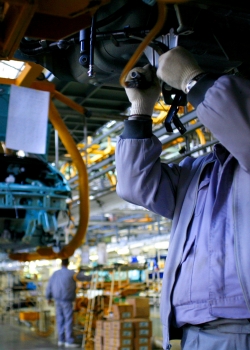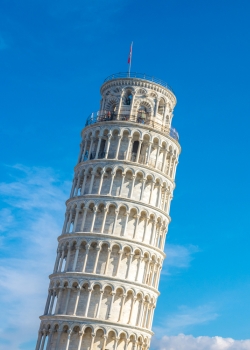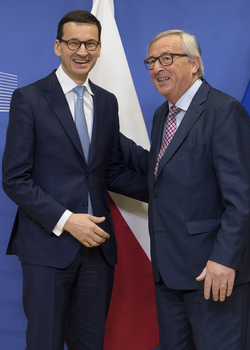The single market & competition policy
The UK needs a chips strategy
01 December 2022
London wants chip-makers in Britain to support innovation. But using national security laws to engineer that outcome is counterproductive. Instead, the UK needs a more sober post-Brexit tech policy.
Bulletin issue 144 - June/July 2022
30 May 2022
- Will the EU rethink enlargement?, Luigi Scazzieri
- Can the UK keep up with Europe on digital competition?, Zach Meyers
- Europe needs a China strategy, Ian Bond, François Godement, Hanns Maull, Volker Stanzel
Can the UK keep up with Europe on digital competition?
30 May 2022
As Brussels finalises world-leading digital competition rules, Prime Minister Boris Johnson has deferred similar reforms for Britain. But if UK authorities are bold, they can still help shape global tech markets.
Why big business may learn to love EU competition policy
01 February 2022
Big multinationals sometimes criticise the EU’s competition policy, which is more aggressive than America’s. But in the long term, Brussels’ approach could prove more balanced and predictable than Washington’s.
How the Digital Markets Act will challenge consumers
24 January 2022
The European Parliament’s proposals to tame big tech will challenge consumers. Some of these proposals will promote innovation – but law-makers should drop proposals which will stifle it.
No pain, no gain? The Digital Markets Act
10 January 2022
The EU's upcoming rules for big tech will degrade some digital services to improve long-term competition and innovation. The trade-off is justified – but law-makers must keep consumers on-side.
Opening Pandora's Box: What the EU-UK trade deal means for trade and conditionality
13 October 2021
The EU-UK Trade and Co-operation Agreement includes world-leading sustainability commitments.
Taming 'Big Tech': How the Digital Markets Act should identify gatekeepers
04 May 2021
The European Commission is rushing to impose new rules on large digital platforms. A more careful approach would benefit European digital businesses.
Keeping up appearances: What now for UK services trade?
22 February 2021
Rather than obsessing about services exports, UK policy-makers should focus on investment and ensuring the UK remains an attractive destination for multinational services firms to operate out of.
Brexit and COVID-19 are a toxic mix
15 October 2020
The second wave of COVID-19 is arriving just before the UK leaves the single market. The pandemic will make it harder for the economy to adjust to Brexit.
Should the EU develop 'European champions' to fend off Chinese competition?
05 March 2020
China is distorting world trade through its aggressive industrial policy. But fostering ‘European champions’ in order to compete is premature – and risky.
Competition policy in the 21st century: Size isn't everything
04 June 2019
France and Germany have proposed laxer EU merger control to help European companies compete with Chinese firms. But competition has been waning within the EU, and stronger merger rules may be needed.
Regime change? The European economy to 2030
20 July 2018
The crises of the 1970s led to the single currency and a deeply integrated single market. What economic regime will the EU need to build after the crises of the last decade?
Bulletin Issue 121 - August/September 2018
20 July 2018
- Regime change? The European economy to 2030, John Springford
- The EU's problem with May's plan for Brexit , Charles Grant
- Dead or alive? A UK-US trade deal, Sam Lowe, Beth Oppenheim
On Brexit, TTIP and the City of London
30 May 2018
The EU was keen to include financial services in TTIP, the proposed trade agreement with the US. Is its reluctance to do so with the UK mere hypocrisy?
Bulletin Issue 120 - June/July 2018
30 May 2018
- On Brexit, TTIP and the City of London, Sam Lowe
- Trump and Europe: Atlantic hurricane season?, Ian Bond
- Can EU-UK defence negotiations be positive-sum?, Sophia Besch
UK must swallow the unpalatable Irish backstop
15 May 2018
Theresa May and the Brexiters should have the courage of their convictions and agree to a backstop that grants a special status to Northern Ireland.
Brexit and rules of origin: Why free trade agreements ≠ free trade
13 March 2018
Without an EU-UK customs union British exporters will face a new barrier to trade: rules of origin. No amount of positive thinking and innovative solutions can eliminate this problem.
Italy after the election: From partner to spoiler?
30 January 2018
Italy's 4th March election is likely to be less consequential than many assume. But it will highlight the urgency of reforming the eurozone and better managing migration.
Poland’s prime minister: New face, same old tune?
22 January 2018
The new prime minister’s style will be more emollient than his predecessor’s, but he is unlikely to back down on judicial reforms.


